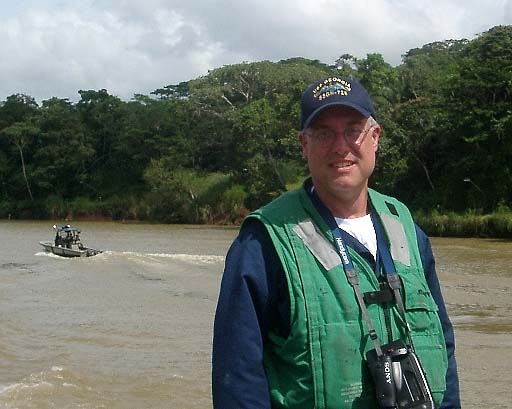The NRO piece is, “Mercy”! Infant euthanasia creeps into acceptability by Kathryn Jean Lopez published on Match 30th.
"Killing a defective infant is not morally equivalent to killing a person. Sometimes it is not wrong at all."It should be a surprise to no one that we are getting to this state. Peter Singer is likely the most influential philosopher alive.
Peter Singer, a bioethics professor at Princeton University, penned this chillingly cold line in his book Practical Ethics.
In case you're not freezing yet: Singer explains that, "Newborn human babies have no sense of their own existence over time." Hence, they're disposable.
This idea that infants can be killed revolves around a twisted concept of mercy and the lack of personhood of the patient (that lack of a "sense of their own existence over time"). Of course, the means by which a person lacks that sense of their own existence is not discussed.
Infant euthanasia (Have you ever imagined seeing those two words together?) is the practice Singer is discussing. And don't confuse it with abortion. We're talking out-of-the-womb, mom-has-delivered, right-here-with-you-and-me babies. Where's it happening? In Europe and the Netherlands, specifically — although word of it is slowly spreading. In Holland, the Associated Press reports that "at least five newborn mercy killings occur for every one reported."It isn't legal yet, but the practice has philophical support and is spreading in Europe.
"Mercy" is the keyword. Learning that your newborn has a fatal or potentially fatal illness must be an indescribably painful experience for a parent. But consider the added anguish of a doctor talking you into being "merciful" by ending your child's life.
And what determines merciful, anyway? That term is a bit vague in this context, as is most of the language advocating infant euthanasia.
The larger framework is already there in Holland: "Adult" euthanasia is legal in the Netherlands, including for some teenagers without parental consent. Voluntary euthanasia there is not restricted to the terminally ill; if your desire to die is "rational," you've got a green light. (It's not an attitude confined to the Dutch: In a 2001 interview, right-to-die activist Philip Nitschke told me that suicide facilitation should be available "to anyone who wants it, including the depressed, the elderly bereaved, [and] the troubled teen.")The troubled teen?!?!?! Does that even need editorial comment? We are well down the "slippery slope". First it was contraception, then abortion in rare and dangerous cases, then abortion on demand (as an alternative to contraception), then adult euthanasia, then assisted suicide. Now it is acceptable to kill living infants and troubled teenagers as acts of "mercy".
How is this possible? It is possible because someone (not you) is allowed to make a judgment as to whether your life is worth living.
Christine Rosen, the author of Preaching Eugenics, a book on America's experience with euthanasia, says that, "The Netherlands' embrace of euthanasia has been a gradual process aided by the growing acceptance (in a much more secular Europe) that some life is 'unworthy of life.'" Indeed, Europe is doing just that. According to the Associated Press, 73 percent of French doctors have admitted to using drugs to end an infant's life, with between 2 and 4 percent of doctors in the United Kingdom, Italy, Spain, Germany and Sweden confessing the same.Not everything discussed above is legal yet, but a lot of it is and all of it is considered perfectly acceptable and even "merciful" by today's bioethicists.
There is more, read the whole thing.






No comments:
Post a Comment